Your education is an investment in yourself.
Intended to yield long-term benefits. It can lead to a new career, job security, advancement opportunities, greater job satisfaction, and increased earning potential.
Education isn’t just about learning—it’s also about improving your chances for a brighter future.

Funding Your Education
Students may apply for a student loan. Alberta Student Loans and Canada Student Loans are accessed by submitting one application. There are a number of advantages to a student loan.
Access Alberta Student Aid Applications Here click here.
- Student loans are interest free as long as the student remains a full-time student.
- Once the student is at repayment stage, interest on the loan is tax deductible.
- Student loans include grants and bursaries. If you successfully graduate, you do not pay these back. Some examples of grants and bursaries are:
- Alberta Maintenance Grant – for students caring for small children
- Alberta Part-Time Grant – for part-time students
- Canada Student Grant for Low and Middle Income Students
- Canada Student Grants for Students with Disabilities
- Canada Student Grant for Students with Dependents
We assist with Alberta Student Loans and Student Line of Credit as well; however you may also apply on your own.
Note: in general, Student Loan awards cover a portion of the total cost of education. Therefore students need to consider other funding sources such as support from family members, savings, or a Student Line of Credit. Please read below to learn more.
Important:
Click here to see an example of Student Aid Alberta Financial Assistance and Repayment Amounts.
How to Apply:
Online applications available at: Alberta Students Finance, or send in a paper form application (your admission advisor will assist you).
- Alberta Learning Information Service – www.alis.alberta.ca
- Student Aid Alberta – www.studentaid.alberta.ca 1-855-606-2096; TTY 1-855-306-2240
- studentaid.alberta.ca/resources/applications-and-forms
- studentaid.alberta.ca/resources/resources-for-students
- studentaid.alberta.ca/scholarships
For more information on Canada Student Loans and Grants visit www.canlearn.ca.
Banks offer Student Lines of Credit. If a student qualifies and has a co-signer, banks provide a student line of credit. While in school, interest is usually prime plus 1% and the student only pays interest on the amount used at any point in time, not on the total amount. Students should normally go to the lending institution they or their co-signers currently deal with. However, students may also consider one of the banks Columbia College has developed a relationship with.
Some students may need to borrow from more than one source. A co-signature may be required. | |
| Name of Lender | Phone Number and Website |
| Scotia Bank | Toll-free 1-800-972-6842 www.scotiabank.com/ca |
| Royal Bank | Toll-free 1-800-ROYAL11 www.royalbank.ca |
| Canadian Imperial Bank of Commerce | Toll-free 1-800-465-2422 www.CIBC.COM |
| Bank of Montreal | Toll-free 1-877-CALL-BMO www.bmo.com |
Click here to see Click here to see Details of Banks Offering Student Line of Credit..
Online Resources for Students Seeking Scholarships and Bursaries
The following websites have been identified as of most value to our students in their search for scholarships and bursaries.
- Calculate the true cost of an education at www.CanLearn.ca, the federal government’s one-stop resource for post-secondary students. There is also a consumer’s guide to learning and a loan repayment calculator there.
- Several websites contain listings for hundreds of Canadian scholarships:
Applications for this bursary program are closed as of May 7, 2024
The Government of Alberta tuition bursary for students who are starting their Health Care Aide program:
- This bursary is provided by the Government of Alberta and administered by NorQuest College in Edmonton, AB. NorQuest reviews and approves submitted applications based on a student’s eligibility.
- Students do not have to attend NorQuest College to be granted the bursary. Columbia College’s students are eligible for the bursary.
Bursary Details:
Up to $9,000 (split into two installments) – on approval of Eligible Student’s Health Care Aide Tuition Bursary application form by NorQuest College and applicant signing a return of service agreement
For full details, eligibility requirements, and to apply for the bursary, visit: https://abhcabursaries.ca/health-care-aide-tuition-bursary-program.aspx
The Columbia Learning Society has been supporting learners in pursuit of higher education since 2002. The Society’s goal is to remove financial barriers that can make achieving academic and personal success difficult and make education accessible for all. This is done through offering the following Scholarships and Bursaries:
- Friends of Columbia Scholarship
- Resiliency Scholarship
- Columbia Learning Society Bursaries
You can learn more about the above financial opportunities and apply at: columbia-learning-society.com/scholarships-and-bursaries/
If you plan to take EAL, Upgrading, or Employment Training, you may be eligible for grant funding through Alberta Works.
Grant funding covers the costs of tuition, books and supplies, as well as, providing a living allowance for an eligible learner. Grant funding is available to Employment Insurance (EI) recipients and to people who do not qualify for EI benefits. Part-time training support is available to eligible individuals through the Skills Investment Bursary for up to $5,000 per year.
For more information please contact a Columbia College Student Services Advisor.
You may also access information at the following:
- Alberta Government Human Services – General Inquiry – http://humanservices.alberta.ca 1-877-644-9992
T2202a Note: Foundation programs such as English as a Second Language and Academic Upgrading do not receive a T2202a as they are not recognized as qualifying programs under the Canada Revenue Agency requirements. For questions regarding the Canada Revenue Tax requirements, please contact the Canada Revenue Agency at 1-800-959-8281.
Windmill Microlending can provide affordable loans of up to $15,000 to immigrants and refugees in Canada to pay for the licensing or training you need to get back to your field of work. This is an option for both full-time and part-time students. Windmill is a non-profit charity since 2005. Visit windmillmicrolending.org for more information.
Let’s talk about budget. What does budgeting mean?
A budget is a financial tool to help you keep expenses and income in balance. As a student, your financial needs are fairly straightforward and predictable but your resources might be limited. Budgeting can help you to manage your spending patterns so you stay on track in managing limited financial resources.
As long as your expenses stay at or below your income, then you’re OK. If expenses exceed your expectations, you’re spending your savings. Once you get comfortable with budgeting, you will find that you can do more with your financial resources than you might have initially thought.
Not everyone actually enjoys budgeting. But it is a tool to gain control over the financial part of your life. And finances are usually a key part of everyone’s life.
It’s not easy to stick to a budget. You may have variable items like personal care, entertainment or department store purchases that rise and fall every month. If you are consistently off budget, you need to take another look at the process.
Are you being realistic? You may have set savings goals that are too high. Or you may have taken on rent that is out of line with your income. You may be willing to live this way, but your budget should reflect this choice with accurate numbers.
Are there areas where you could reduce expenses? Perhaps the best use of a budget is in really letting you examine your expenses in order to separate the essentials from the not-so-essential.
The most important thing you need for a successful budget is the willpower to sit down and do it the first time. Give yourself time to think of all your monthly expenses. Look in your bank statement and outline your typical bill payment schedule. Put expenses on one side of the page. On the other side, put your monthly income after taxes.
Forecast your expenses and income month by month, one month to a page. After a few months, you will find that a pattern emerges and that projecting your spending and planning for savings becomes easier and easier.
When doing a budget, you must take into account many factors.
Be thorough in evaluating your income and your expenses. You may have hidden items in each category. For example, bank interest for income and bank charges for expenses. Items may look small, but if you add enough of them up, they can be sizable.
Be honest. Commit to recording every expense. At the end of the month, your items should balance.
The most important budgeting concept to learn as early as possible is how to plan for savings.
Yes, budgets can differ and usually vary to reflect the specific needs people have at different stages of life. Whether you are a student or a young person just starting out on your career path, or you’re in mid-life, or preparing for retirement, everyone has different financial requirements along the way and therefore needs different things from a budget plan.
Helpful Budgeting Links:
- http://www.studentaid.alberta.ca/resources/resources-for-students/budgeting-saving/
- https://alis.alberta.ca/ep/eps/tips/tips.html?EK=202
- https://alis.alberta.ca/ce/cp/cpt/youth/lyo/managemoney.html
- https://alis.alberta.ca/pdf/tips/Spending%20Plan%20Worksheet.pdf
- http://www.theglobeandmail.com/globe-investor/personal-finance/home-cents/the-best-of-the-free-online-budgeting-tools/article1371881/
- https://creditcanada.com/how-to-create-a-monthly-budget
- http://www.mymoneycoach.ca/budgeting/budgeting-calculators-tools/budgeting-spreadsheet

